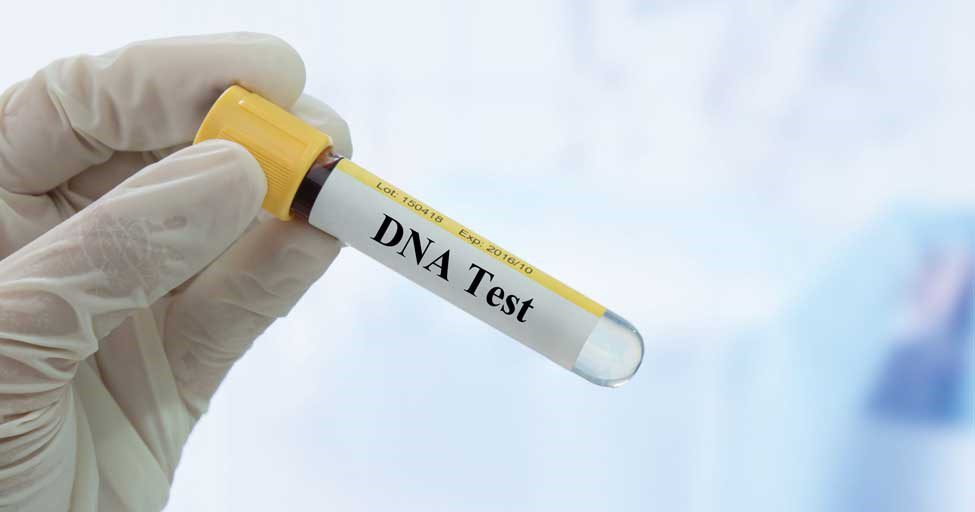Understanding the DNA test outcomes is easy when a person is aware of the possible results from the available data. There’s a first time for everyone who undergoes DNA screening. Things are overwhelming when there are piles of data available. To get the answer to how to understand a DNA test result, an individual should have a fair understanding and knowledge of DNA testing. DNA testing results are unique for every patient. Medical geneticists are experts dealing with DNA screening and results daily. Their expertise and know-how in the field make them ideal for deciphering accurate DNA test results.
Table of Contents
Types of DNA Testing
Predictive Testing
A healthy person can request proactive and predictive DNA testing. The testing includes screening for genetic conditions, like cardiovascular disease, genetic conditions, and hereditary cancer. Learning about the potential genes helps doctors recommend solutions and treatment plans to reduce or eliminate the risks. Predictive testing allows physicians to detect diseases early and monitor for better treatment outcomes. Individuals with a personal history of conditions like pulmonary fibrosis and MODY (maturity-onset diabetes of the young) should undertake genetic screening.
Drug-Gene Testing
Pharmacogenomics testing or drug-gene screening evaluates how genes impact the response to particular drugs. Such drug screening helps people make choices on prescribed medications. By understanding their response to specific drugs, patients can notify doctors. The drug-gene testing results help doctors and physicians provide the optimal doses and medications based on people’s unique genetics. To analyze how to understand a DNA test result, learning the basics of genetic testing is a wise decision.
Rare Disease Testing
If a doctor suspects that an individual or his offspring has a rare genetic disease and previous tests didn’t provide answers, undertaking the disease screening is the best solution. The disease testing helps diagnose the early onset and symptoms beyond explanation. Genome sequencing or whole-exome screening is effective in finding the underlying genetic condition.
Cancer Treatment Testing
When a person has cancer, he undergoes genetic testing to decide the best treatment. The testing includes genome sequencing of the lump or tumor and identifying the alterations for different treatment solutions. Most US hospitals and cancer treatment centers mandate cancer patients undergo genetic testing.
Results from Genetic Testing
There are three results that one receives from DNA testing. The meanings of the result depend on factors like the type of genetic testing conducted and family history.
Positive Result
It indicates that DNA testing identifies a genetic mutation or change and is at a higher risk of developing a congenital or hereditary health condition. A positive result explains why a person shows symptoms and notifies of the unknown health risks. Furthermore, it helps to alter the healthcare plans depending on the positive DNA results. Biological family members should consider DNA counseling to assess the risks of having gene variants. It is ideal to consult experts in the field to get answers to how to understand a DNA test result.
Negative Results
A negative result indicates that screening doesn’t identify any gene mutation. Furthermore, it means there are no genetic conditions and risks. The negative results reassure the patient that he is healthy and rule out hereditary conditions. The field of genetic testing is constantly improving. If a person receives a negative result, he should consult the doctors and undergo up-to-date DNA testing in the future.
Uncertain Results
Sometimes, DNA tests show uncertain test results. It indicates the screening identifies one or multiple gene variants, but it is unclear whether they have the potential to contribute to health risks and diseases. Sometimes, it is a part of normal human DNA variation. Uncertain DNA results are expected when testing screens multiple genes.
Conclusion
When results are positive, the individual should consult specialized doctors and develop treatment plans. Every genetic test is unique. Irrespective of the DNA testing results, the individual should consult the genetic healthcare expert and discuss the testing results. Concerns and questions exist on understanding a DNA test result and its implications. A specialist in the field is the right person to answer all the queries and recommend reducing the risks or making treatment plans. Meeting a genetic counselor is a good idea when a person is unaware of his family history of health conditions and deaths.

